Europe
From the fall of Napoleon to Revolution in Russia and from the rise of Hitler to the fall of the Berlin Wall this period is one of major upheaval in Europe. We see the collapse of monarchies and empires and the changing status of women and working men. This is a time that witnesses the mass displacement of peoples and genocide on a scale never seen before it is also a time that sees changes in medicine and technology that make fundamental changes to our everyday lives. Read more
Sort by:
Date (Newest first) | Title A-Z
Show:
All |
Articles |
Podcasts |
Multipage Articles
-

The Road to Dunkirk
ArticleClick to view -

The Romanov Tercentenary: nostalgia versus history on the eve of the Great War
ArticleClick to view -
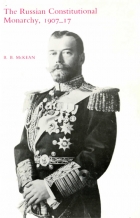
The Russian Constitutional Monarchy, 1907-17
ArticleClick to view -
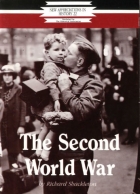
The Second World War
ArticleClick to view -
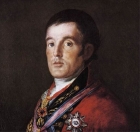
The Undergrowth of History
ArticleClick to view -

The Uses of History in the Twenty First Century
ArticleClick to view -
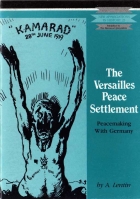
The Versailles Peace Settlement
ArticleClick to view -
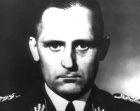
The spy who never spied
ArticleClick to view -

The throne and the fairy tellers
ArticleClick to view -
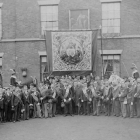
The world in 1913: friendly societies
ArticleClick to view -

To what extent was the failure of denazification in Germany 1945-48 a result of the apathy of the allies?
ArticleClick to view -

Tyne Cot Cemetery, near Ypres, Belgium
ArticleClick to view -
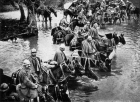
Verdun: the endless battle
ArticleClick to view -

Vichy France and the Jews
ArticleClick to view -

Virtual Branch recording: Why has Monarchy survived in Europe?
ArticleClick to view -

WWI and the flu pandemic
ArticleClick to view -
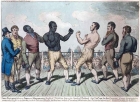
Waterloo's prizefight factor
ArticleClick to view -
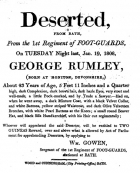
Wellington's Soldiers in the Napoleonic Wars
ArticleClick to view -
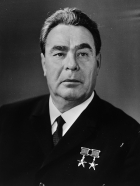
What did ‘Mature Socialism’ mean for the Soviet Union?
ArticleClick to view -

Women and the French Revolution: the start of the modern feminist movement
ArticleClick to view

